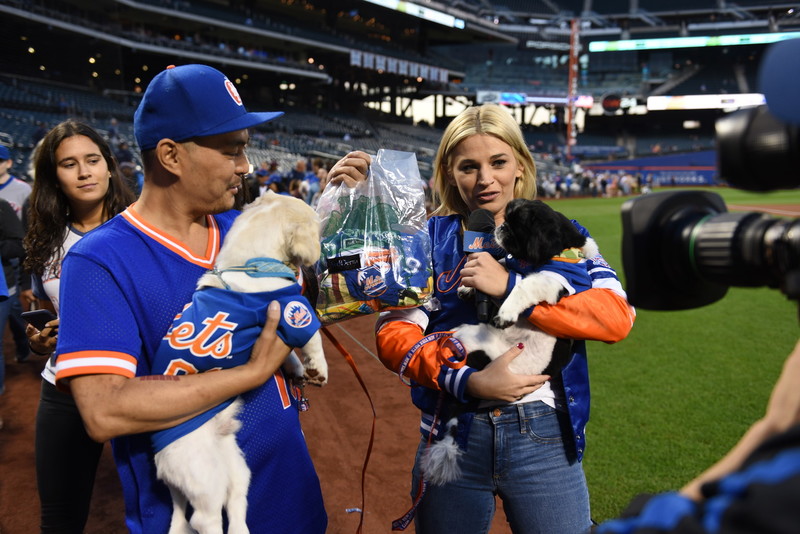After winning the Rugby World Cup in 2003, England’s fight wasn’t over yet with the storm of the press still waiting. Sidelines speaks to the man who helped them navigate the media frenzy and ensure their victory was celebrated both on and off the field.
For many athletes or those involved in sport, the word “media” might send shivers down their spine, with visions of hundreds of journalists scrambling for answers.
Enter the media liaison officer, who has to control the chaos and make sure everything runs smoothly.
“Your role is to help them work with the media and not to face the media. ‘Work with’ are the key words here – you’re working in a partnership with them, and you are the bridge to that partnership with the media and that’s so important,” says seasoned media trainer Richard Prescott.
“I always say to people to answer the question, out of respect for who you’re talking to. It’s the press, but it’s also the people that read, watch and listen.”
Prescott has worked with athletes and teams in some of the most intense sporting environments.
“Media training is important because for most people in professional sport their focus is solely their job and in performing. However, once they’ve won a game or a fight, suddenly, it’s light, cameras, action and how they respond to it.”
That’s where people like Prescott come in, whose job is to prepare athletes for those very moments.
“When Anthony Joshua won gold in the Olympics, I had a word in his ear before he spoke to the media. You’ve got the opportunity to give them three quick points to get across, because otherwise, it’s too much to take in.”
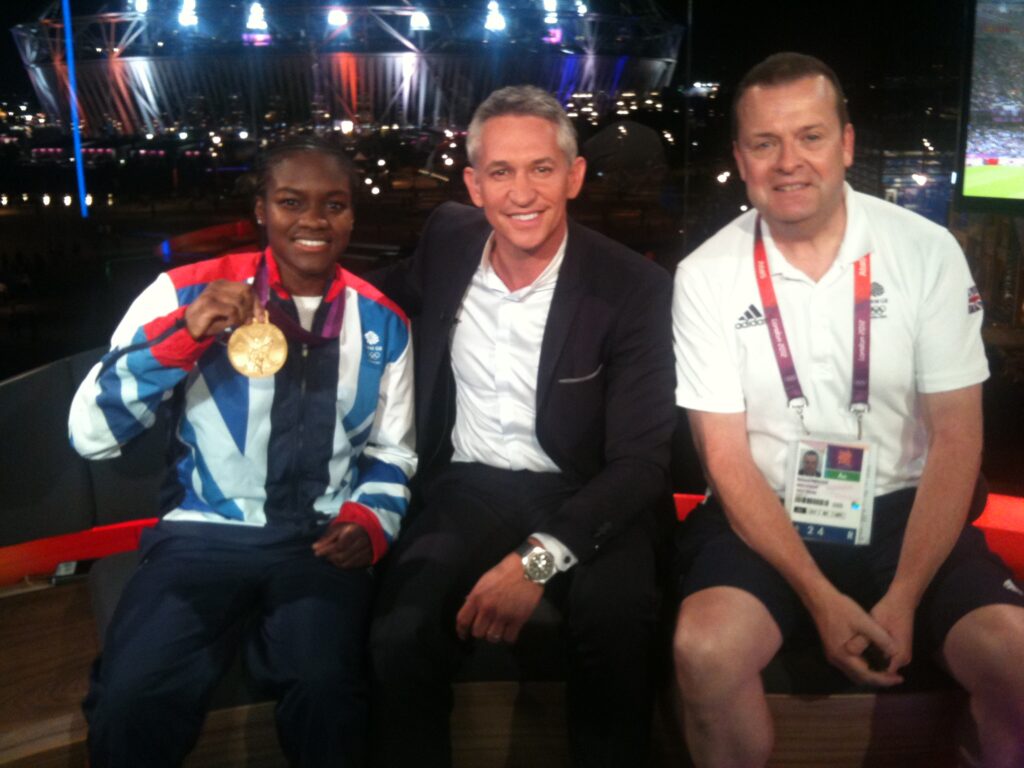
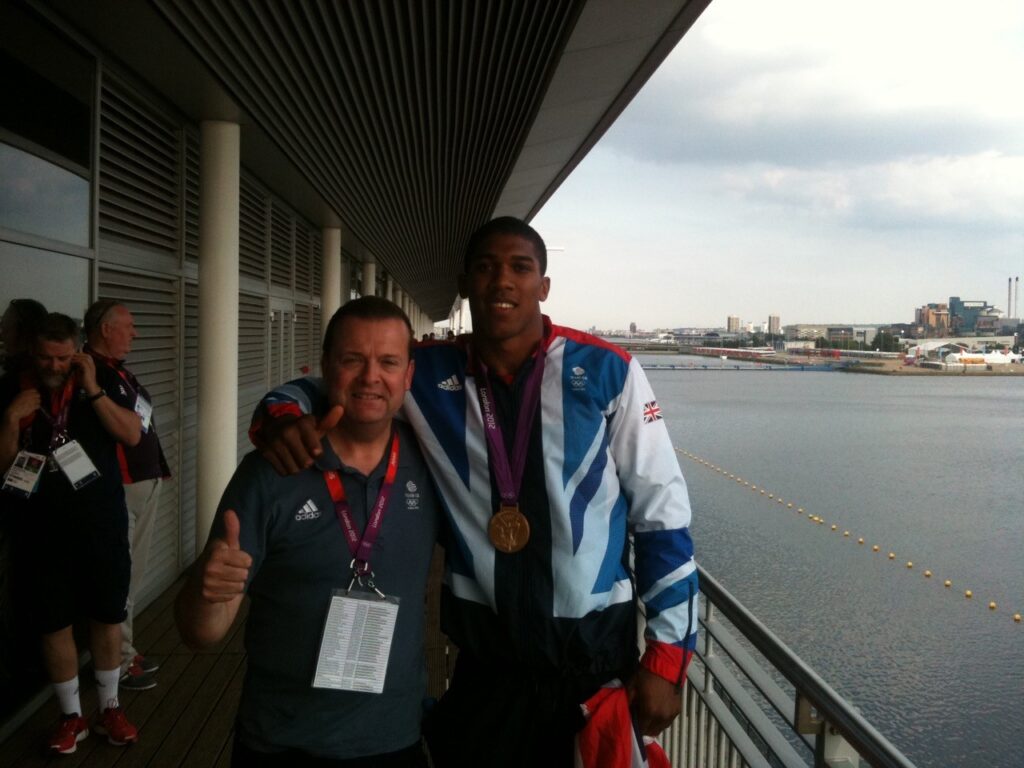
His work also included being media director for England when they lifted the Rugby World Cup trophy in 2003 following Johnny Wilkinson’s late drop-goal winner against Australia.
“It was very intense,” Prescott recalls. “The Australian press likes to wind up the opposition so you have to take that on board.”
Rugby players spend their lives tackling players, but tackling the media can be a whole new ball game.
“A week before the final, the TV crews had ‘messages’ at the bottom of their TV stands for England, which weren’t particularly complimentary, shall we say.”
Prescott, working closely with then-coach Sir Clive Woodward, knew this was all part of the mental game the Aussies were playing.
“I briefed Clive and said, ‘when you sit down (for interviews), you just have to smile’. The whole decision was that we’re going to give them nothing.”
And that strategy paid off. The press’ response was telling.
“They said the problem with the England team is that they’re boring. Clive Woodward is boring. The players are boring. Even their media manager is boring!” Prescott laughs.
“We loved that. We saw that piece and knew we cracked it.”
It was a victory not just on the field of play, but in the media battle, proving that sometimes silence is golden.
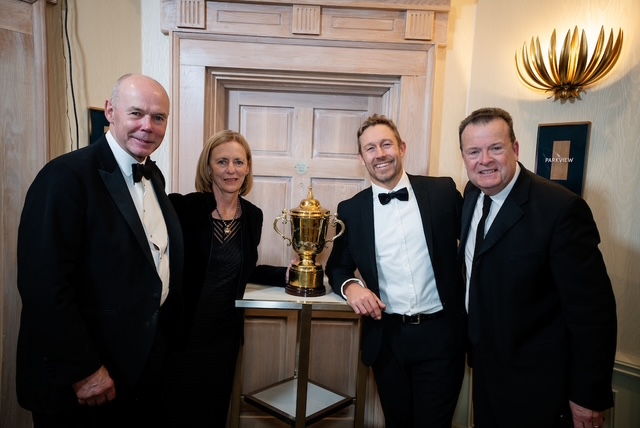
Flash interviews after a big win, like the Rugby World Cup, are a whirlwind. Journalists swarm, eager for reactions and players are thrust into a storm of questions.
“When Martin Johnson (Captain at the time) was asked ‘give me your thoughts’, he’s going through a whole plethora of emotions. It’s relief. It’s excitement.
“I had the opportunity to bang out three quick points for him to say. The messaging we spoke about was to complement the opposition, the players, backroom staff for all their hard work, and to not forget the supporters.”
Maintaining a strong relationship with fans is something Prescott sees as a ‘key factor’ in an athlete’s success. After all, they’re the ones who truly keep the sport alive.
“One of the best pieces of advice I say to people in sport is that supporters have travelled 200 miles to see you, so sometimes, you need to go that extra mile for them.
“It’s that analogy between an autograph, a selfie, an acknowledgement of them. I remember the days players would rarely come to supporters at the end of a game and applaud them. Now that happens all the time.”
Prescott’s approach to handling media and maintaining team dynamics extends beyond just managing interviews and press. It’s also about creating a culture where every individual is valued.
“The best thing to do with the players is treat them as a herd complex rather than a complex herd: you treat them all the same.
“As soon as you start saying, I’m going to focus all my time on those three players because they’re ‘the biggest stars’, you’ve lost everyone else. You treat everybody absolutely equally, not just the players, that’s the coaches and the backroom staff.”
Ultimately, a media liaison officer’s role is to make sure all players are heard, valued, and prepared for scrutiny, and Prescott’s strategy of inclusivity and balance is key to achieving that in high-pressure sport’s environments.
Sidelines Recommends
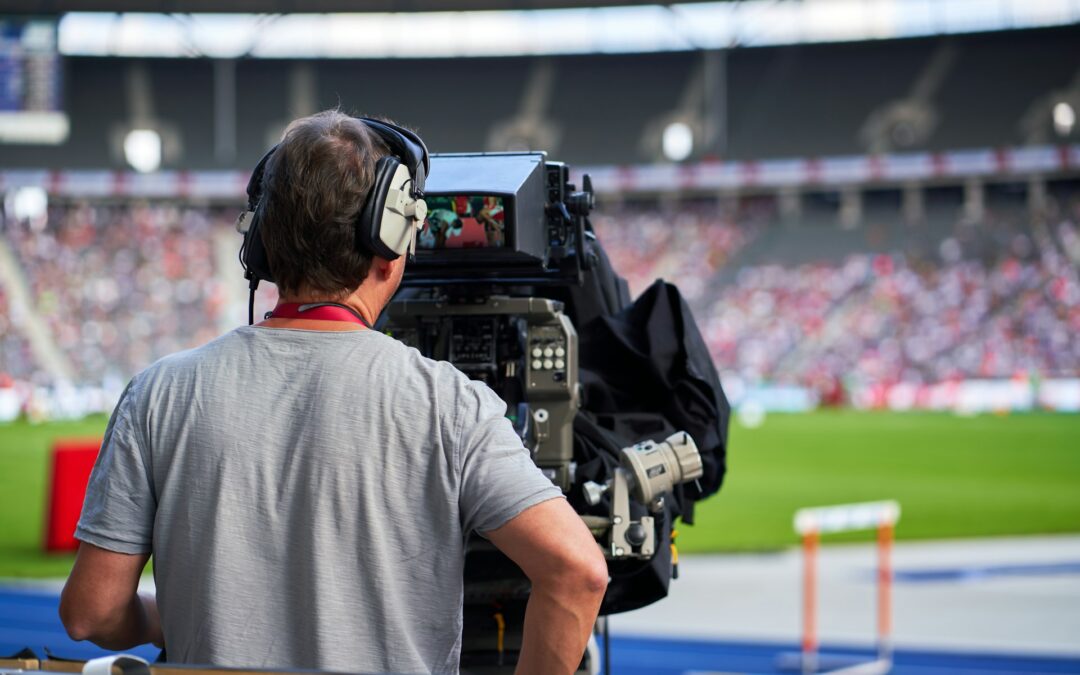
New era for Women’s Champions League as competition moves to Disney+
As Lisbon prepares to host the UEFA Women’s Champions League final between Arsenal and Barcelona, Sidelines spoke to broadcaster Kate Mason about the role of media in the competition’s future. Disney+ has since been announced as the new rightsholders ahead of the…
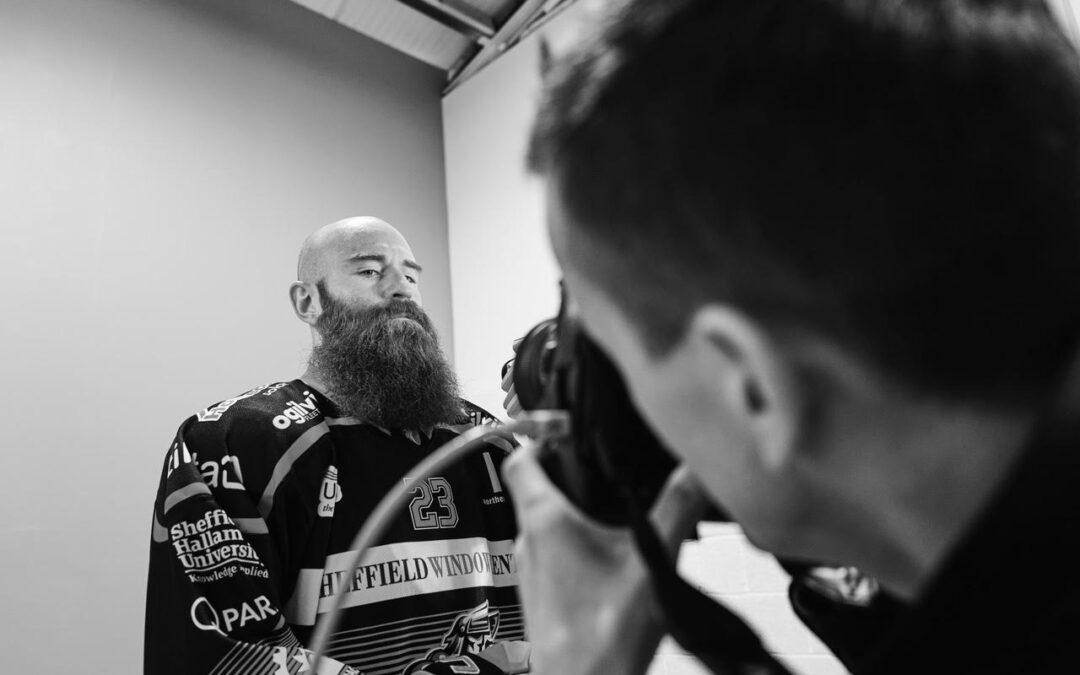
Shooting stars: The life of an advertising photographer
Every advertising image you see with a famous athlete didn’t happen by accident, but who are the people behind the camera making it happen? Photographer Nick Eagle gives the inside track.

Carving the mountain: the hidden world of snowcat operators
How do you turn rugged slopes into world-class racecourses? Meet the snowcat operators who work overnight to tame mountains for snow sports.


